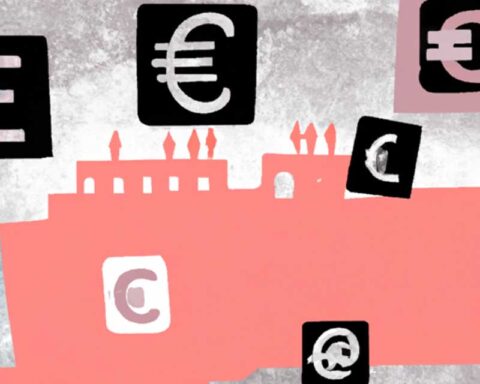TLDR:
- IntellectAI has unveiled a pioneering no touch loss run extraction technology that promises unparalleled efficiency and accuracy.
- This technology eliminates the trade-off between accuracy and speed in insurance data processing, setting a new industry benchmark.
IntellectAI has introduced a groundbreaking technology in the insurance sector with the unveiling of the world’s first no touch loss run extraction technology. This innovation is set to revolutionize the industry by offering unparalleled efficiency and accuracy in processing loss runs. The technology, powered by Gen AI within the eMACH.ai framework, marks a significant milestone in insurance data handling.
The unveiling of this technology has been welcomed as a significant advancement in the insurance industry, which has long faced challenges in the extraction of loss run data. By leveraging Gen AI, the technology can process data from various document types with over 95% accuracy, including handwritten notes, Excel files, images, and PDFs, without the need for human intervention.
Traditionally, the insurance industry has grappled with balancing the trade-off between accuracy and speed in data processing. IntellectAI’s technology eliminates this compromise, offering immediate time and cost savings to insurers, agents, brokers, wholesalers, and MGAs. The technology’s application of Large Language Models (LLMs) enhances the underwriting process, leading to more efficient and accurate data extraction.
The introduction of no touch loss run extraction technology by IntellectAI is expected to set a new benchmark in the insurance industry, offering a shift towards more efficient, accurate, and automated processes. This innovation reflects a global trend towards more customer-centric financial services and highlights the potential for technology-driven solutions to enhance operational efficiency and customer satisfaction in the BFSI sector.
As advanced technologies continue to integrate into traditional industries, IntellectAI’s latest offering exemplifies how innovation can address complex challenges, streamline operations, and pave the way for future advancements in the insurance industry.









